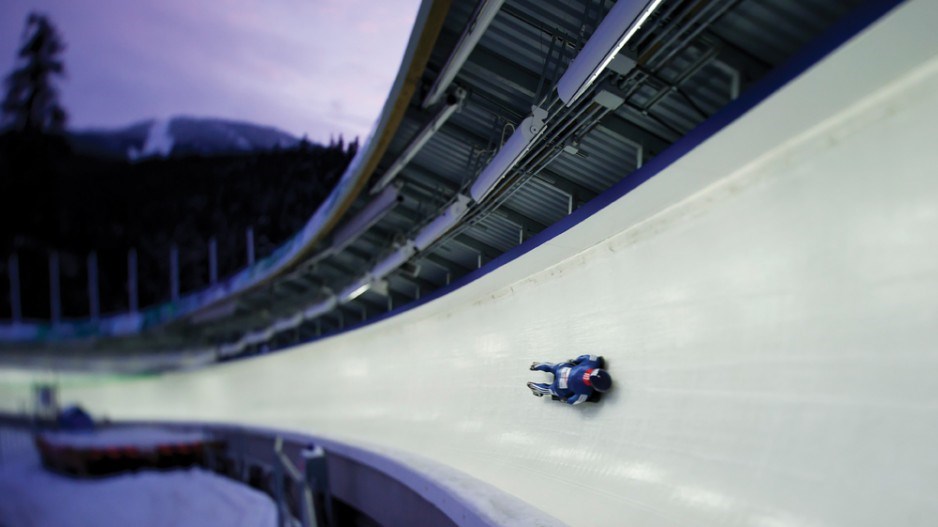The president of Bobsleigh Canada Skeleton (BCS) told the House of Commons Canadian Heritage committee on Monday that the organization’s high performance director was a victim of abuse.
Tara McNeil was acclaimed president at a BCS meeting last November in Whistler, after embattled now-former president Sarah Storey bowed to pressure from athletes and did not run for a third term.
Storey, who was also the acting CEO, and high performance director Chris Le Bihan were both targets of a post-Beijing Olympics campaign by sliding athletes who demanded they resign over a combination of toxic culture, inadequate safety, lack of transparency and poor governance.
The BCS scandal was the first mass-uprising of Canadian athletes in a year of upheaval across the Canadian sport system. While BCS is based in Calgary, the Whistler Sliding Centre – built for the Vancouver 2010 Winter Olympics – is the country’s main international sliding venue because the Calgary 1988 track needs a major upgrade.
McNeil said she discovered in her first week with BCS that Le Bihan had been “the recipient of abuse” and had been treated unfairly. She did not provide further details.
“So imagine my surprise and concern about all of this,” McNeil told the committee. “And so, with that, we sought careful legal counsel as to how to manage all the circumstances. We were in daily contact with our sport partners as to how to manage and we brought on a CEO as quickly as possible, an interim CEO [Patrick Jarvis, the ex-Canadian Paralympic Committee president and Snowboard Canada executive director], to be able to do a very extensive deep dive into the staffing concerns.”
McNeil called it a “very challenging time,” because the organization’s assets were also frozen.
McNeil, a Calgary physiologist who has consulted for BCS, Canadian Luge Association, WinSport and the Canadian Sport Institute, testified the organization is at a crossroads, focused on restoring operational stability and good governance.
“Once we have our operations and board of directors fully in place, we’ll be working to fully adopt all governance principles in the Canadian Sport Governance Code, as requested by Sport Canada, by April 2025,” McNeil said. “This will also require further review of all of our bylaws.”
For 2021-22, the most-recent fiscal year published, BCS reported just over $3 million of its $4.1 million revenue came from federal taxpayers. The organization finished with a $194,000 surplus.
Meanwhile, the committee also heard from Skate Canada CEO Debra Armstrong. In late April, an anonymous whistleblower, through Skating For Change, alleged there had been incidents of physical, verbal and emotional abuse by coaches from the Champs International Skating Centre of British Columbia, formerly known as the B.C. Centre of Excellence, at the Scotia Barn in Burnaby.
“We are very disturbed when allegations like this come to our attention and so we immediately provided links to Skate-Safe [confidential reporting system], as well as to Abuse Free Sport, and we then took the initiative to send the information we received in that open letter on the 27th [of April] directly to Skate-Safe, our investigator,” Armstrong said. “We have no knowledge of what's happened since we've sent it there.”
Armstrong said the organization also had no prior knowledge of the allegations, but has ongoing dialogue with Skate For Change.
“We are not aware of the athletes who are involved in this particular set of allegations that are raised in the open letter,” Armstrong said. “So we have had no change in our approach to athletes since that time.”
For the year ended March 31, 2023, Skate Canada reported a $2.7 million deficit. Of its $21.1 million in revenue, almost $2.9 million came from government grants and $8.8 million from membership fees.




